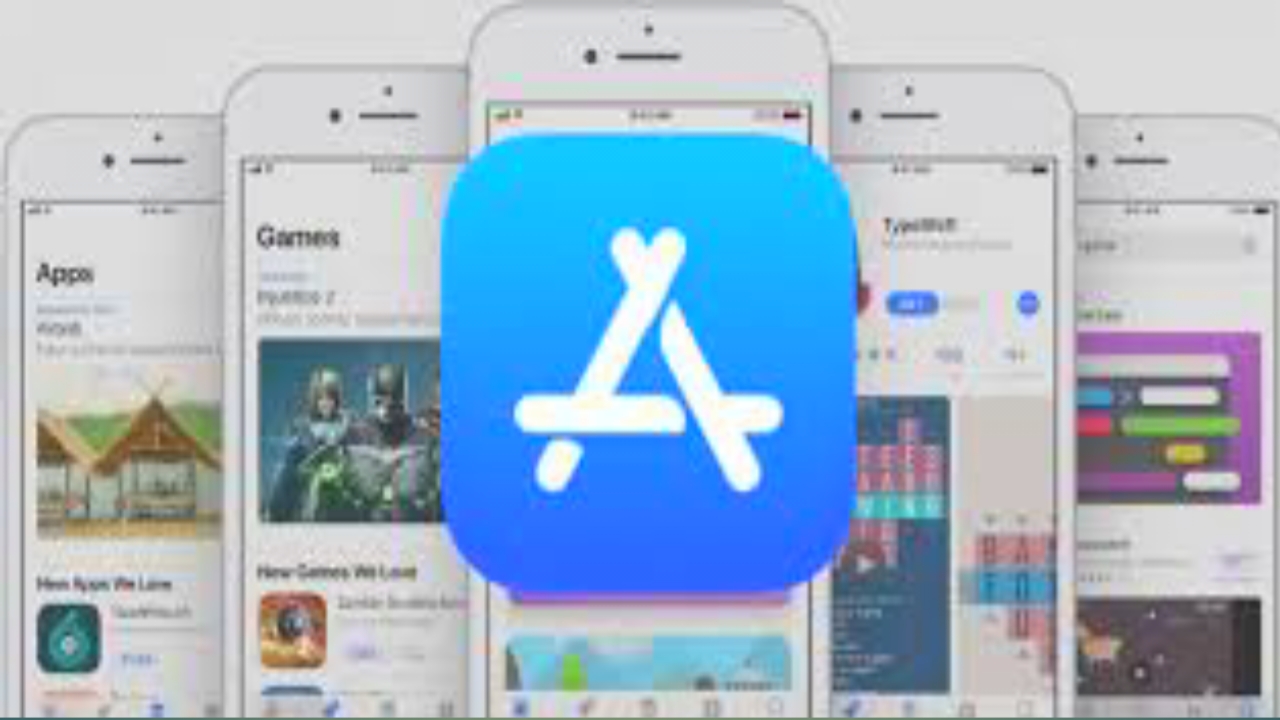The counter-offensive by Western countries against Russia’s military action against Ukraine provides for the application of multiple sanctions, among which the one announced over the weekend in a joint letter signed by the United States, United Kingdom, Canada and other European allied countries stands out. NATO (including Italy): to oust Russia from the SWIFT system to isolate it financially. Or better, exclude some Russian banks by the SWIFT electronic payment systemand the clarification is not trivial for the reasons that will be given.
First of all, remember what SWIFT is:
The SWIFT it’s a code awarded by the Society for Worldwide Interbank Financial Telecommunication which uniquely identifies a banking institution and is required to carry out international wire transfers. The network is used to authenticate payment instructions between banks. SWIFT services are estimated to be used every day to process around 42 million transactions in over 200 countries.
The effect of the removal of Russian banks from the SWIFT system can be guessed: who (individuals and companies) made international transfers to and from them will no longer be able to make them. It is not a total blockade, extended to every Russian financial institution, however. The countries that approved the measure are proceeding step by step to identify exactly which banks to target:
(The measure) will ensure that these banks are disconnected from the international financial system and damage their ability to operate globally
It is a very harsh measure that has been ordered in very rare cases: in 2012 it was Iran that was excluded from SWIFT with devastating effects on the value of annual oil exports (from 92.5 to 52 billion dollars). Checkmate to Russia? Not exactly.
The alternative to World War III is sanctions, President Biden said, and leveraging the system that allows Russia to receive payments from abroad is a move consistent with a willingness to pressure the Kremlin to unblock it. crisis in Ukraine. However, the effectiveness and limitations of the instrument immediately became clear when the measure was announced: not a total ban, but a blockade limited to some banks. The reason, summarizing at the minimum terms, is easy to say: l‘The West cannot afford to permanently cut ties with Russia. At least not immediately.
To put it differently, it cannot renounce an instrument that allows various countries, including European ones, to make international payments to Russia, for example to receive goods of particular importance, one above all gas. To remain in the Italian context: today Italy buys 45% of the total gas supply from Russia – the Prime Minister Draghi recalled last Friday, cheating on Italy for not having diversified energy sources and suppliers. Suddenly unplugging the SWIFT payment system, extending the measure to all Russian banks, would prevent Italy from making payments to receive it.
Not all the signatory countries of the provision depend to the same extent on Russia for certain goods (there are those, for example, who are much more autonomous from the point of view of energy supplies, see France), but it is clear that we must still go with lead feet to avoid a domino effect in international financial transactions. It must also be said that Russia has developed its own alternative payment system to SWIFT, the SPFS, as has China with the CPIS. Both, even if they don’t have the same international support as SWIFT, could be tools to limit damage.


